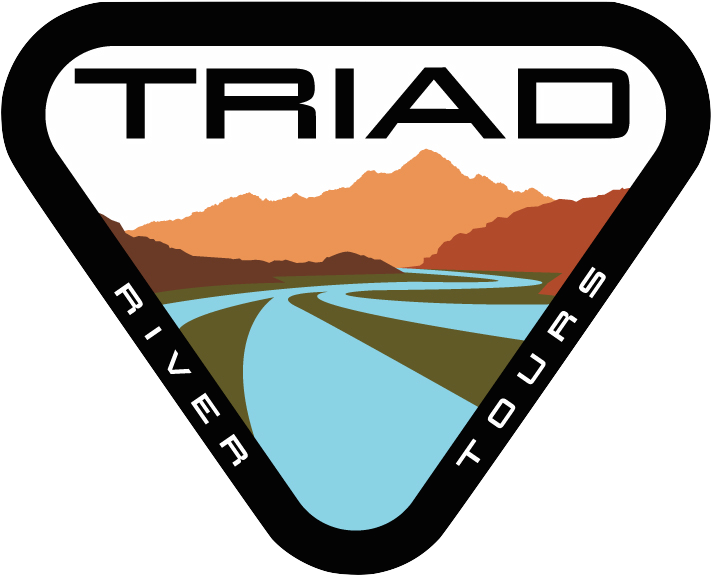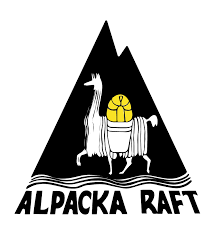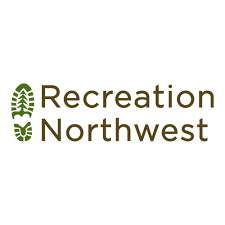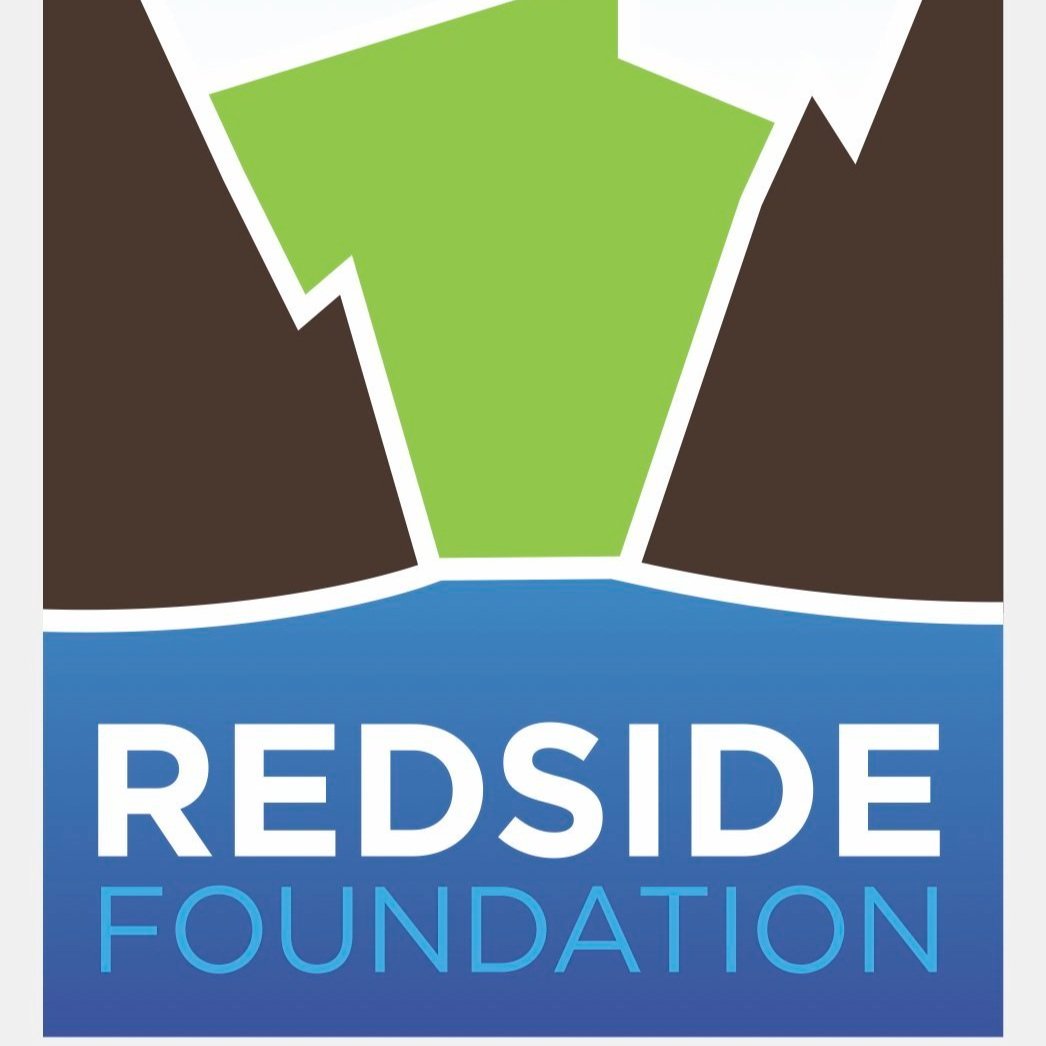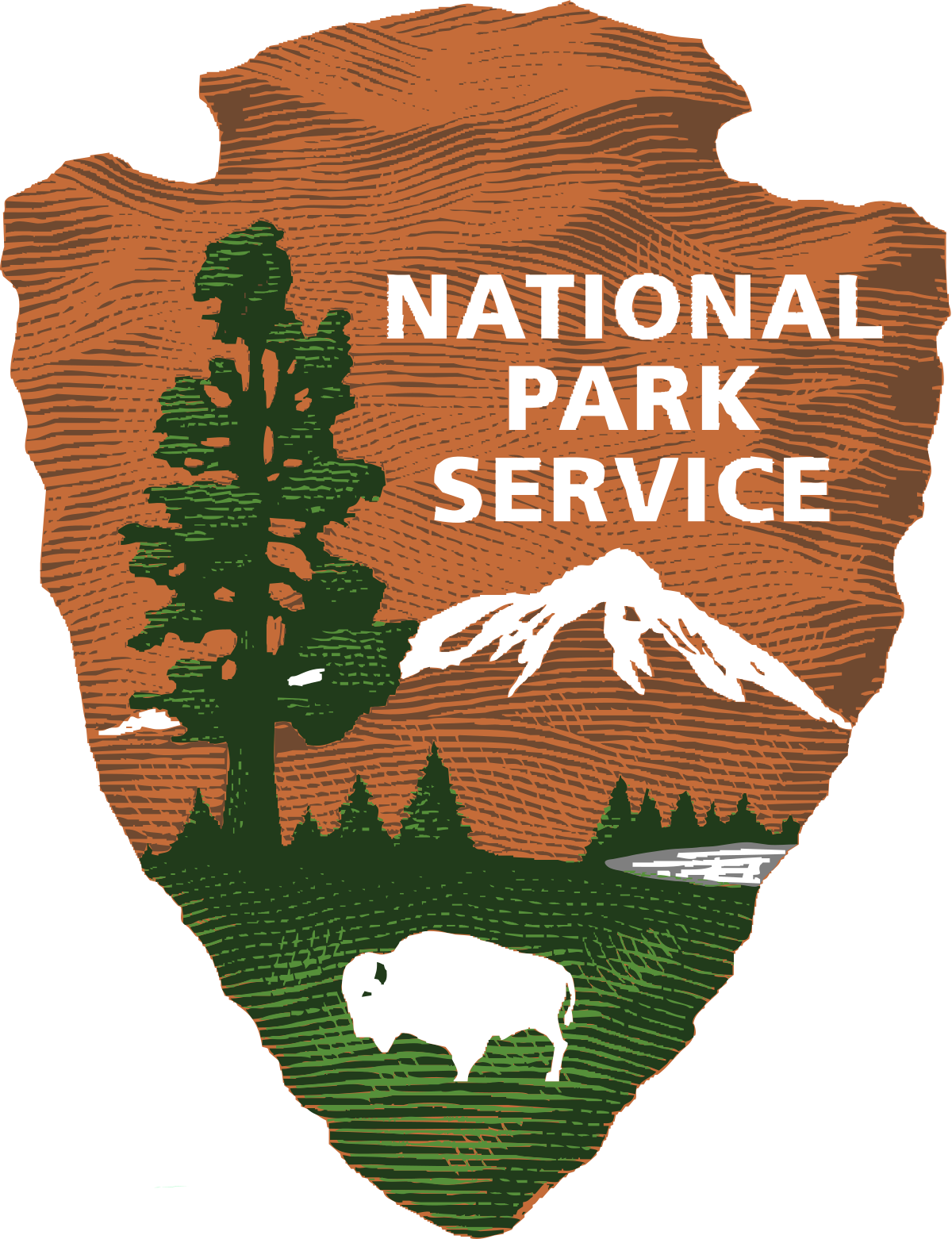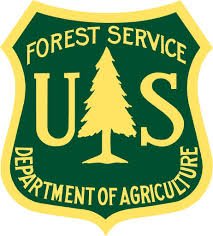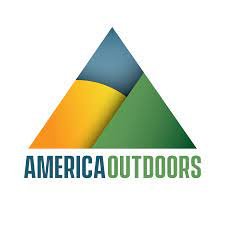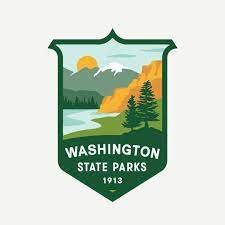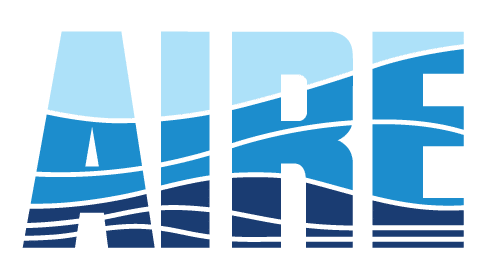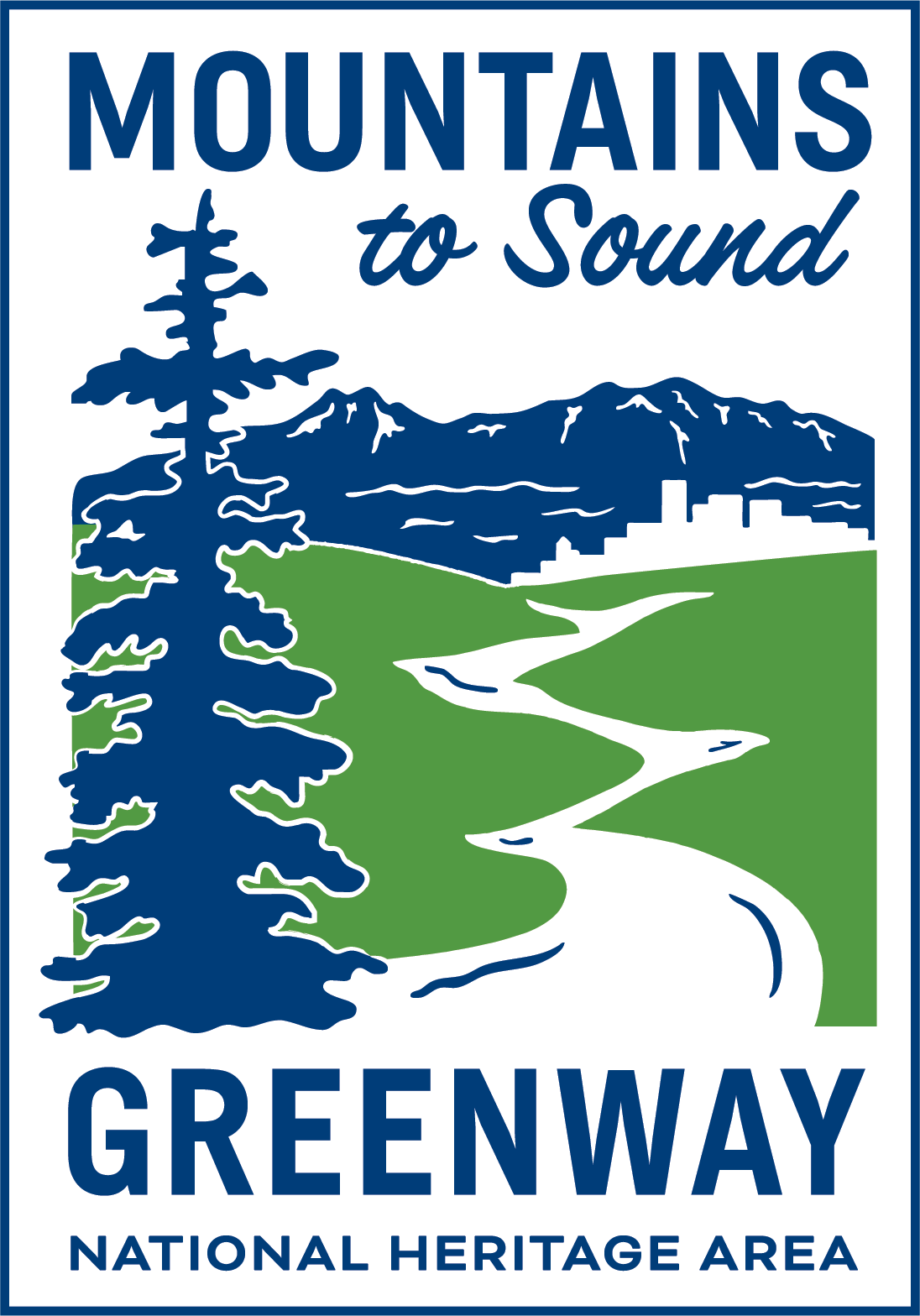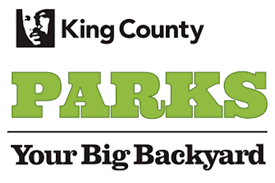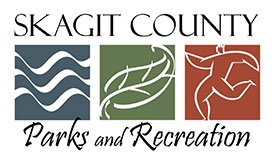Close your eyes. Imagine a stereotypical outdoorsy person, perhaps someone you look up to. They’re sporting hiking boots, a beanie, a large backpack strapped securely around strong shoulders. Maybe this person is perched on Mount Baker, snow scattered around worn in shoes.
Now open your eyes.
What was the skin color of the person you envisioned? Did they have a disability? What was the gender, sexual orientation, or native language of that person?
Often, the general population supports diversity in the outdoors but seldom advocates for it. Brown bodies are still not being represented in outdoor spaces in Washington despite the recent trend of companies including historically underrepresented people in ads and campaigns. Although this increase in inclusion takes a small step towards equality, it’s merely performative if there isn’t a follow up in its message. The outdoors remains dominated by white faces and other identities that don’t challenge the biased conception of an “outdoorsy” person.
Justine Nishitani is a wilderness ranger with the Mount Baker/Snoqualmie area. In the summer of 2020 she was the only woman out of four forest service crews to be working in the area. Even though Nishitani loves nature and the ability to be a part of the outdoors for a living, she expressed the challenge of being different from her cohorts and other people she interacts with in the wilderness. In an interview with Nishitani, she said,
“It doesn’t always feel like that welcoming [of a] place [when there’s not] people that look like me here or have the same issues as me.”
One obstacle standing in the way of equitable outdoor participation in local Washington communities is the lack of accommodations provided in the outdoors. Insufficient language options in park information, difficulties with transportation, expensive gear and an absence of diverse wilderness leaders restrict access. These barriers discourage underrepresented groups from exploring green space.
Everyone deserves to feel the Washington wind blow through Doug-Firs and smell the Nooksack River as it splashes against rocks. The experience of wild space is a right for everyone, no matter one’s personal beliefs.
Since urban landscapes in Washington, especially the Seattle area, are growing at an increasing rate, demographics of people with varying backgrounds and underrepresented cultures are increasing. This creates a disparity between marginalized people and the identities western environmentalism is structured to welcome. There are more and more people missing out on the benefits of the outdoors.
Everyone has the ability to make the environment more welcoming for people who aren’t represented enough in the outdoors. Accountability is a good place to start. Everyone plays a part in the perpetuation of racism, sexism, and all the “isms” that burrow their way into the culture of the social wild.
Don’t mistake accountability as a replacement for the voices that have been left out of discussions involving the exclusivity of the outdoors. Laura Wagner, a white leader in the Huxley Environmental program at Western Washington University related the emphasizing of under heard voices to the Dr Seuss book, The Lorax:
“The Lorax said, ‘I speak for the trees, because the trees don’t have a voice.’ He has to speak for them. But people of color, LGBTQ people [and all other historically underrepresented groups] have voices of their own; you don’t need to speak for them. You just need to provide them spaces where they can be heard, or find ways to amplify their voices.”
Equity is in the best interest of involving underrepresented groups not heroism.
Nishitani, the wilderness ranger in the Mount Baker/Snoqualmie area, reflected back on one of her first experiences outdoors during a canoe trip at Ross Lake. Mountains loomed and reflected off of the huge lake as she breathed in the wilderness’ purified air. Hills and trees put distance between her and her home in Seattle. She hadn’t showered in days, feeling one with nature-and smelling like it too. There are aspects of nature that never cease to make her comfortable in the outdoors despite challenges she’s had to face:
The environment doesn’t judge; it challenges, but doesn’t threaten, and human opinions aren’t prevalent. She described the serenity of being able to experience nature for the first time,
“You can let the voices fade away, it’s really nice.”
The soundscape of birds, wind, and water filled her ears instead.
The health benefits and wonder of nature is what every human being deserves and has a right to experience.
Sources:
Interview with Justine Nishitani, October 2020
https://theplanetmagazine.net/voices-of-huxley-70382315670f
www.fs.fed.us/psw/publications/documents/psw_gtr210/psw_gtr210_123.pdf.
